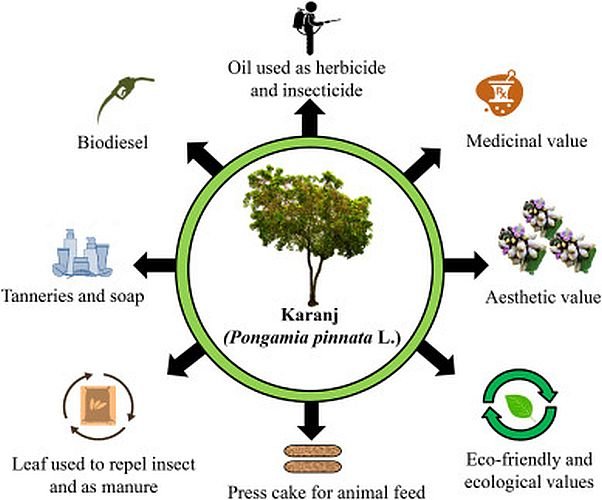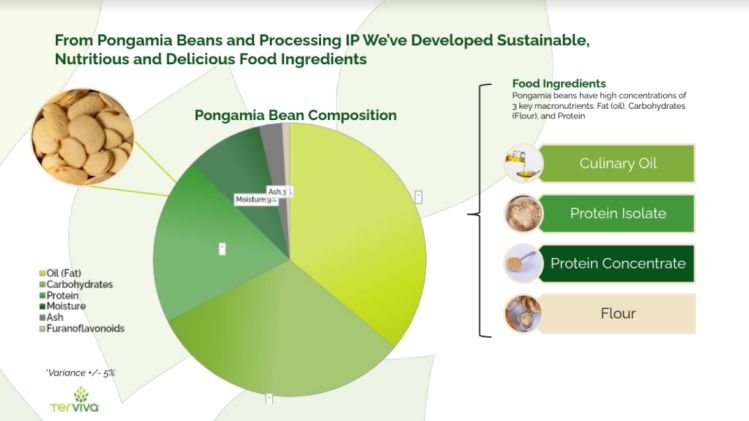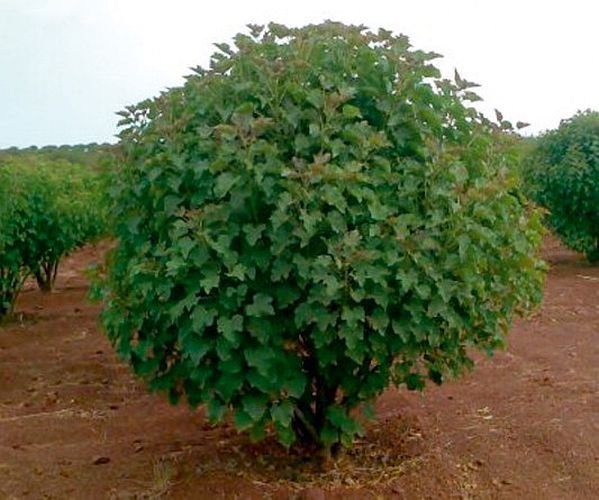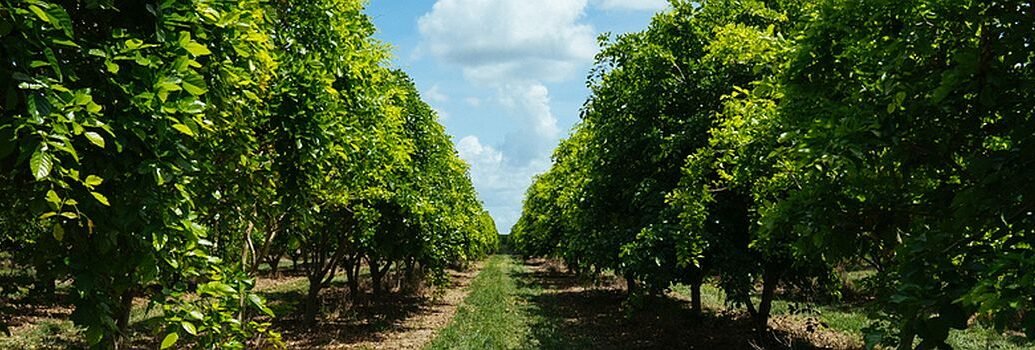Florida’s citrus industry, once a vibrant part of the state, has been ravaged by diseases and climate change. But some farmers are finding a glimmer of hope in the pongamia tree. This climate-resilient tree offers a potential solution: plant-based proteins and a sustainable biofuel.

Farewell Citrus, Hello Pongamia
For decades, citrus groves dominated Florida’s landscape. Now, many stand barren, victims of greening and citrus canker. Unlike citrus trees, pongamia thrives with minimal care. No fertilizer? No problem. Drought or heavy rain? Pongamia shrugs it off. Forget backbreaking harvests – machines easily shake the mature beans from the branches.
Terviva Steps In
Founded in 2010, Terviva, a San Francisco-based company, saw an opportunity. They use a patented process to remove the natural, bitter biopesticides from pongamia beans, making them suitable for food production.

“Florida presents a unique chance for both Terviva and citrus farmers,” says Naveen Sikka, Terviva’s founder. “Citrus decline has left vast areas without profitable crops. Pongamia is the answer.”
Terviva’s future looks bright. In December 2023, they partnered with Mitsubishi Corporation to supply biofuel feedstock for biodiesel, renewable diesel, and sustainable aviation fuel.
The Mighty Pongamia
Native to India, Southeast Asia, and Australia, pongamia offers a bounty. The legumes transform into Ponova culinary oil and protein, now a key ingredient in Aloha’s Kona protein bars. Terviva even makes protein flour.

But pongamia’s benefits extend beyond food. The oil, ideal for aviation biofuel, boasts a low carbon footprint, says Ron Edwards, Terviva’s board chairman and a veteran Florida citrus grower. However, transforming a wild tree into a domesticated one wasn’t easy, admits Edwards. “There’s no guidebook,” he says. “No one’s done this before.”
A Boon for the Environment
Pongamia’s fragrant flowers attract bees and pollinators, boosting biodiversity. Moreover, an acre of pongamia trees can potentially yield as much oil as four acres of soybeans. After oil extraction, we’re left with a high-grade protein which is perfect for baking, smoothies, and various plant-based products. The potential for food and fuel is immense.





